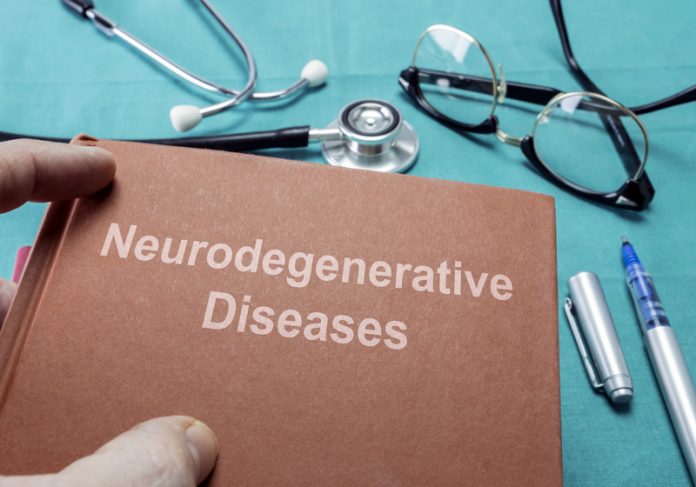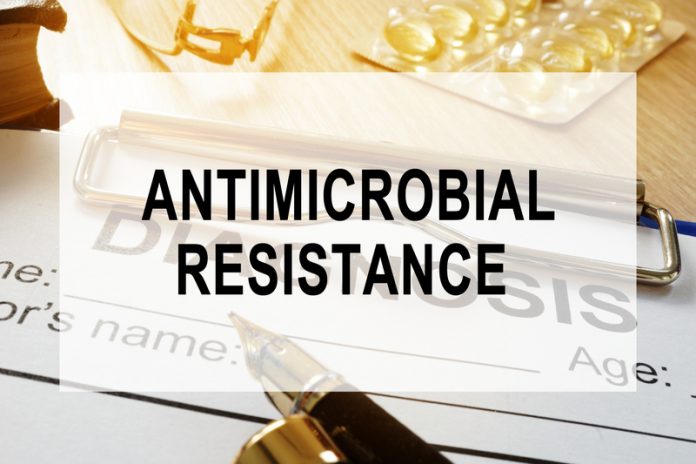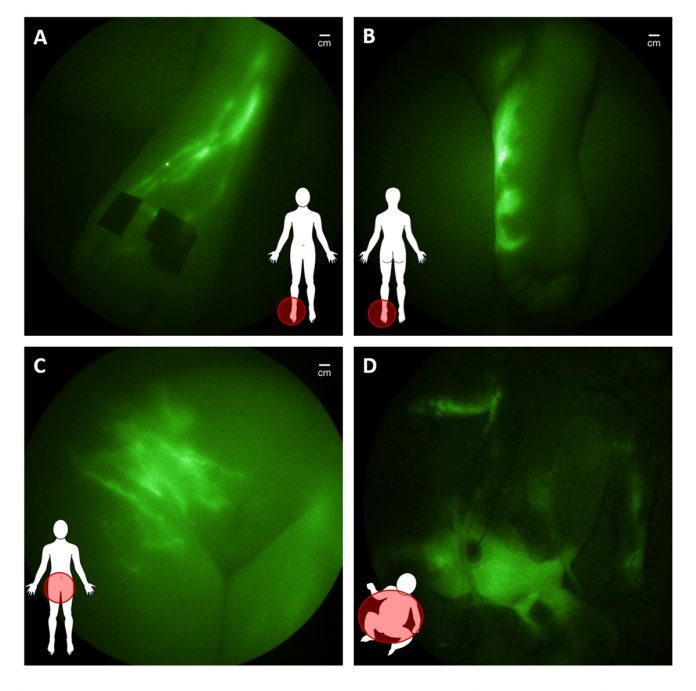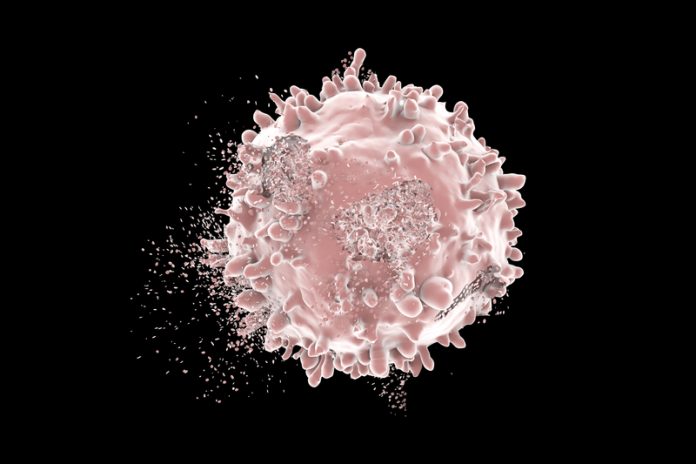Open Access Government produces compelling and informative news, publications, eBooks, and academic research articles for the public and private sector looking at health, diseases & conditions, workplace, research & innovation, digital transformation, government policy, environment, agriculture, energy, transport and more.
Home Search
drug development - search results
If you're not happy with the results, please do another search
Marine biology and ecology research at EMBRC: A “Blue Enlightenment” era is dawning
Marine bioresources are growing in importance with the establishment of the European Marine Biological Resource Centre (EMBRC-ERIC) – a unique research infrastructure for excellence in marine biology and ecology research
Speeding up health technology innovation in Wales
Swansea University Medical School is contributing valuable work to help speed up health technology innovation in Wales
New Medical Pharmacology degree “could help reduce the NHS financial burden”
Dr Lisa Wallace, Course Director from Swansea University Medical School explains their exciting new Medical Pharmacology degree which “could help reduce the NHS financial burden”
Advancing food and agricultural research in the U.S
The USDA’s Agricultural Research Services and National Institute of Food & Agriculture both play key roles in advancing food and agricultural research, effective resource management and economic opportunities for rural communities, as Open Access Government learns
Neurodegenerative disorders in the U.S.
The vital work of the National Institute on Deafness and Other Communication Disorders (NIDCD) and The National Institute of Neurological Disorders and Stroke (NINDS) are explored here by Open Access Government, with a special focus on neurodegenerative disorders.
The priorities for health and social care policy in Germany
The priorities for health and social care policy in Germany are placed under the spotlight here by Open Access Government, including the Federal Minister of Health’s ambitions for the elderly care sector.
Digital innovation in diabetes: From health promotion to integrated care provision
Prof Dr Freimut Schliess, Director of Science & Innovation at the Profil Institut für Stoffwechselforschung GmbH shares his views on data-based solutions for diabetes.
Antimicrobial resistance (AMR) at the Southern Africa Centre for Infectious Disease Surveillance
Mecky Isaac Matee, Leader of the SACIDS AMR CoP profiles the excellent antimicrobial resistance (AMR) research taking place at the Southern Africa Centre for Infectious Disease Surveillance (SACIDS).
Non-radioactive, non-ionising radiation for safe paediatric imaging
E.M. Sevick and J.C. Rasmussen from The University of Texas Health Science Center, The Brown Foundation Institute of Molecular Medicine discuss non-radioactive, non-ionising radiation for safe, paediatric imaging
CD33-directed therapy: Current and future perspectives on targeted therapy in acute myeloid leukaemia (AML)
Mohammed Gbadamosi and Jatinder K Lamba from Department of Pharmacotherapy and Translational Research at the University of Florida explain CD33-directed therapy for acute myeloid leukaemia (AML), focussing on current and future perspectives
Rebuilding tissues inside the human body
Scientific progress to grow new tissues outside of the human body led to first market approvals of living tissue-engineered implants
The creation of living tissues to replace or repair damaged tissues or organs in the human body has defied clinicians and researchers for centuries. Yet, only by the end of...
New research suggests Huntington’s Disease may take affect sooner than expected
The National Academy of Sciences (PNAS) has published new research which reveals that Huntington's Disease may take affect in people much earlier on in life than originally expected and that a new drug may be paramount in controlling the disease.
Mobile health monitoring systems that address diabetes
Cecilia Van Cauwenberghe from Frost & Sullivan’s TechVision Group shares her thoughts on mobile health monitoring systems that address the global concern of diabetes
What’s in an aggregate? Therapeutic intervention in Huntington’s
Naoko Tanese from New York University School of Medicine outlines their work around Huntington’s disease (HD) and new targets for therapeutic intervention
The need to improve the diagnosis of chronic inflammatory lung diseases
Michael Roth, Research Group Leader at University Hospital Basel argues for the clear need to improve the diagnosis of chronic inflammatory lung diseases
TGF-β signalling – Tumor biology in prostate cancer
Identifying the molecular signalling pathways leading to advanced prostate cancer to improve therapy and diagnosis
From molecule to medicine
A report this week from the Office of Health Economics (OHE) shows the amazing impact medicines have had on the NHS and more widely
Cutting-edge technology synergy in the personalised nanomedicine space: Focus on 3D printing nanomedicines
Cecilia Van Cauwenberghe from Frost & Sullivan’s TechVision synergy Group explains the role of cutting-edge technology in the personalised nanomedicine space, with a special focus on 3D printing nanomedicines.
Heterocyclic chemistry: Not just what you do but how you think about it
Heterocyclic chemistry is linked to a number of scientific discoveries and breakthroughs, both directly and indirectly. Professor Colin Suckling of the University of Strathclyde discusses the links and the thinking behind it.
The World Health Organization: Tackling infectious diseases in Africa
Open Access Government explores the work of the World Health Organization (WHO) Regional Office for Africa in tackling infectious diseases, including tuberculosis (TB)





















